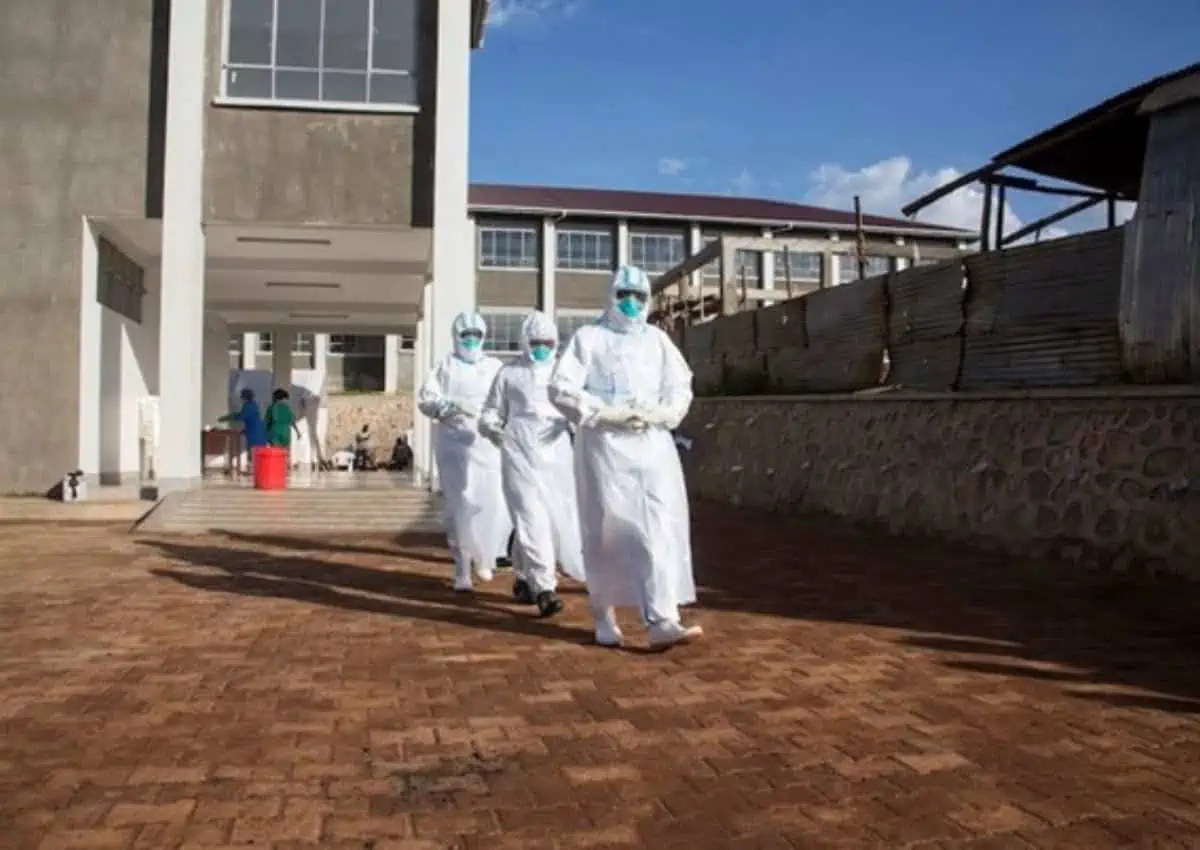Uganda has declared the end of a nearly four-month Ebola outbreak it struggled to briefly contain before swiftly bring it under control despite the absence of a proven vaccine against the viral strain in question.
“We have successfully controlled the spread of Ebola in Uganda,” health minister Jane Ruth Aceng said on Wednesday during a ceremony to mark the outbreak’s end.
The announcement comes less than four months after the first Ebola case was confirmed in the country’s central Mubende district in September last year.
Public health experts say this was the country’s first Ebola virus outbreak in a decade- and its fifth overall for this kind of viral disease.
The outbreak killed 55 of the 143 people infected since September, according to health ministry figures. Six of the people who died were health workers.
To combat the outbreak, officials launched aggressive contact-tracing to track down relatives and friends who handled the bodies of victims or attended funerals.
Some escaped from quarantine facilities, others travelled as far as the capital Kampala, and a few visited traditional healers and witchdoctors for treatment instead.
Cases were eventually confirmed in nine districts, including Kampala, according to the health ministry.
World Health Organisation (WHO) regional director for Africa, Dr Matshidiso Moeti, says with no vaccines and therapeutics, this was one of the most challenging Ebola outbreaks in the past five years.
“In line with the WHO recommendations, the country having passed 42 days since the last case paves the way for the declaration of the outbreak’s end,” she said.
The Ebola virus is transmissible- but not transmissible as some other infectious diseases like Covid-19. It can spread from person to person through direct contact with blood or other bodily fluids such as saliva, sweat, semen or through contaminated objects like bedding or needles.
Source: CNN, Eyewitness News, UN News, Al Jazeera, image from Twitter: @WHOAFRO
